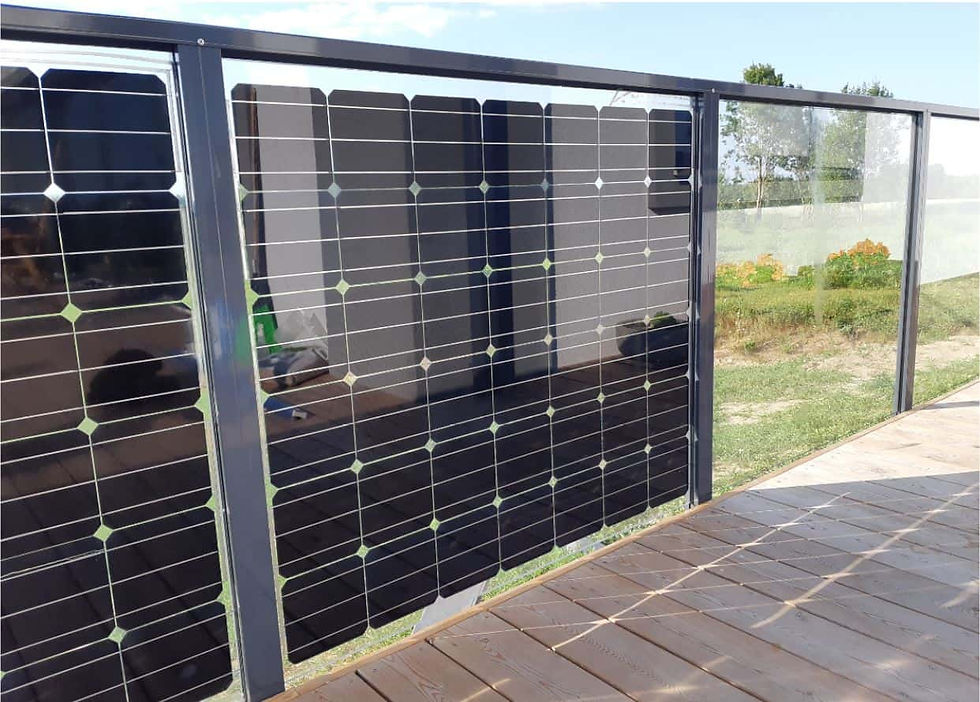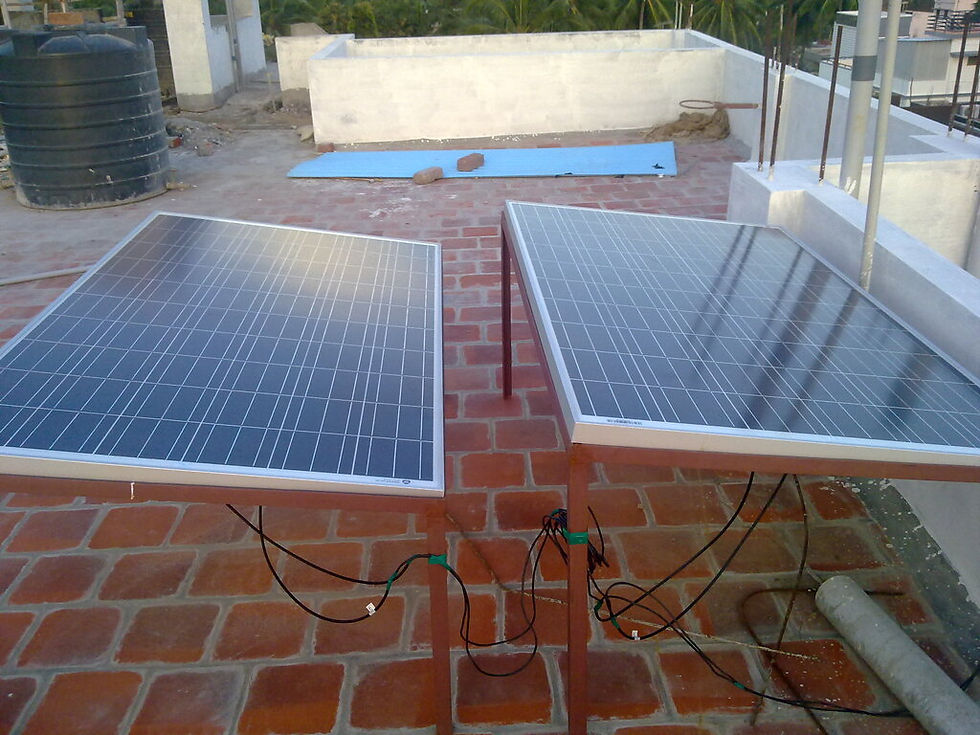Right to Renewable
- Albertsen Group
- Jul 10, 2024
- 2 min read
How do you install solar in an apartment without your own roof? Panels sized for patios and balconies exist but are often forbidden by landlords and apartment owners’ associations. Germany’s parliament decided to fix that.
Earlier this month, the lower house of the German parliament amended rental and property ownership laws to create a clear right to solar. The amended laws now include a “privileged measure” allowing balcony solar devices. To cut through the legal jargon: renters of apartments in Germany have the right to mount small solar panels. If a landlord wants to block use of such solar systems going forward, the burden will fall on the landlord to provide exceptional justification.

Solar panels built directly into a patio or balcony railing. Photo source: Fractory
This move will make a real difference. With around half of all Germans renting, these changes nullify the main obstacle to renewable energy for millions of people. The solar device category specified in the law—plug-in solar up to 2,000 watts capacity—is particularly interesting. Reuters notes that about half of the 550,000 such solar devices in Germany were installed last year. That’s a good sign of growing interest, which may be driven by the price point: 500 – 1,500 euros ($541 - $1625 USD). Small in size, affordable, and now protected from landlord-interference by German law, balcony solar is free of most of the hurdles that drag out a rooftop solar installation.

A pair of small panels mounted on a rooftop patio. Created in 2013 by an enthusiast, this small solar system is a forerunner of modern balcony solar. Photo credit: solariiknight
No searching for a roofing company to do installation or waiting for the electricity company to come adjust the meter. It’s a far easier solar adoption path.
Wide adoption of such small solar solutions has some major benefits, such as reducing the load on the grid during peak hours. This is especially important in a world seeing more intense heat waves—as small solar takes the load of running small air conditioners and heatpumps, it will become easier to ensure all buildings remain powered and protected from the brunt of summer.



Comentários